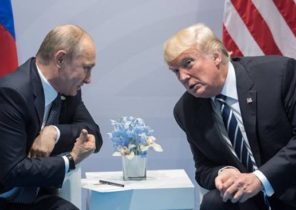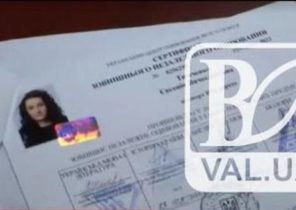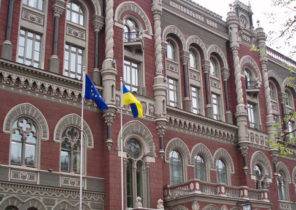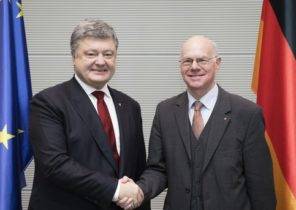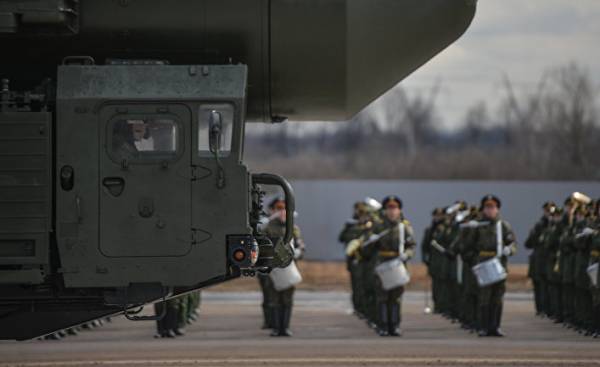
Which European countries see Russia as a threat? And what are they doing about it?
To answer this question put before the analytical center “European values” in Prague. On Monday analysts working in the framework of the Kremlin Watch, with the support of the European people’s party published a report “As a European democratic country respond to the aggression of the Kremlin?” (Judging by the program name and title of the report, the analytical Center “European values” comes from the fact that Russia is behaving in relation to Europe’s aggressive and that’s bad).
The authors of the report, which tracks official statements of the leaders of all 28 member States of the EU over the last ten years, came to the following conclusions.
It is perhaps surprising that three of the six countries, insisting on the decisive actions of Europe in response to Russia’s actions, are the Baltic countries. This group also includes Poland, the UK, and, oddly enough, Denmark.
Five countries have changed their reaction to the actions of Russia after its invasion of Ukraine in 2014. These include Sweden and Finland, which, without being members of NATO, are increasingly cooperating with NATO to counter Russia. April 11, they joined the few countries-members of NATO and signed the Memorandum of intentions on creation in Helsinki of the European Centre for the fight against hybrid threats. Thus, they supported the Alliance in its statement welcomed the establishment of the new centre.
The two countries periodically hold a Pro-Russian position, using it for domestic political purposes. This — Slovakia, and particularly Hungary.
Greece, Italy and Cyprus “will not feel threatened and advocated the improvement of relations with Russia.” Experts of the Centre “European values” argue that “it is difficult to imagine,” what else should Russia do in addition to the invasion of the Ukraine, the spread of misinformation across the continent and interference in an election, the opinion in the three countries began to change.
According to analysts of the Center, a serious threat is the election of political leaders-the Euro-skeptics.
But there is another threat: there is no country willing to take the initiative to confront aggression from Russia. Britain is preparing to withdraw from the EU, and if this upcoming fall elections in Germany will be selected by a coalition of some leftist forces, the German government will behave even less aggressively than it is now.
One of the “balances” could be France, which with Russia has historically always had close ties, but that the invasion of Russia to Ukraine has canceled a major deal with Moscow on arms transfers and strongly support European sanctions against Russia. (The authors of the report include France among the countries that are trying to “stay away” from the problems associated with Russia). But almost all of the leading candidates for the French presidency in the elections this year, support of Russian President Vladimir Putin. The only exception is Emmanuel macron (Emmanuel Macron), which is now the main contender for victory in the elections next month.
If France do not, she can pass the baton to Poland, which is both a major country and (for historical and political reasons) opposed the encroachments of Russia on the European Union. But Poland, as the authors of the report “misses the chance to become a real, legitimate and a respected leader of this group because of non-constructive actions of their government.”
This is understandable — it’s hard to be East defender of the European Union, the authorities of your country spend much time attacking the EU and its leadership from within.

